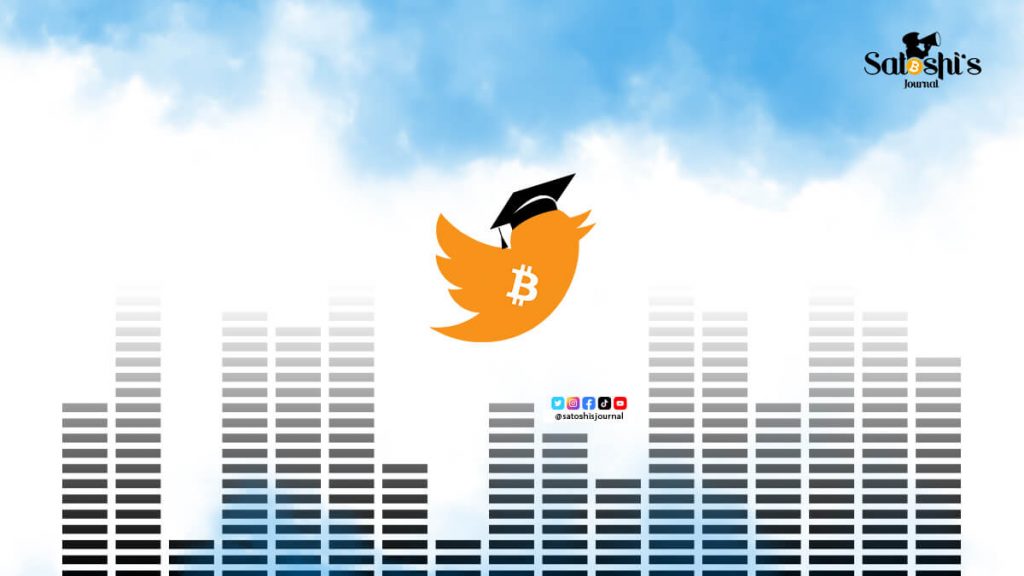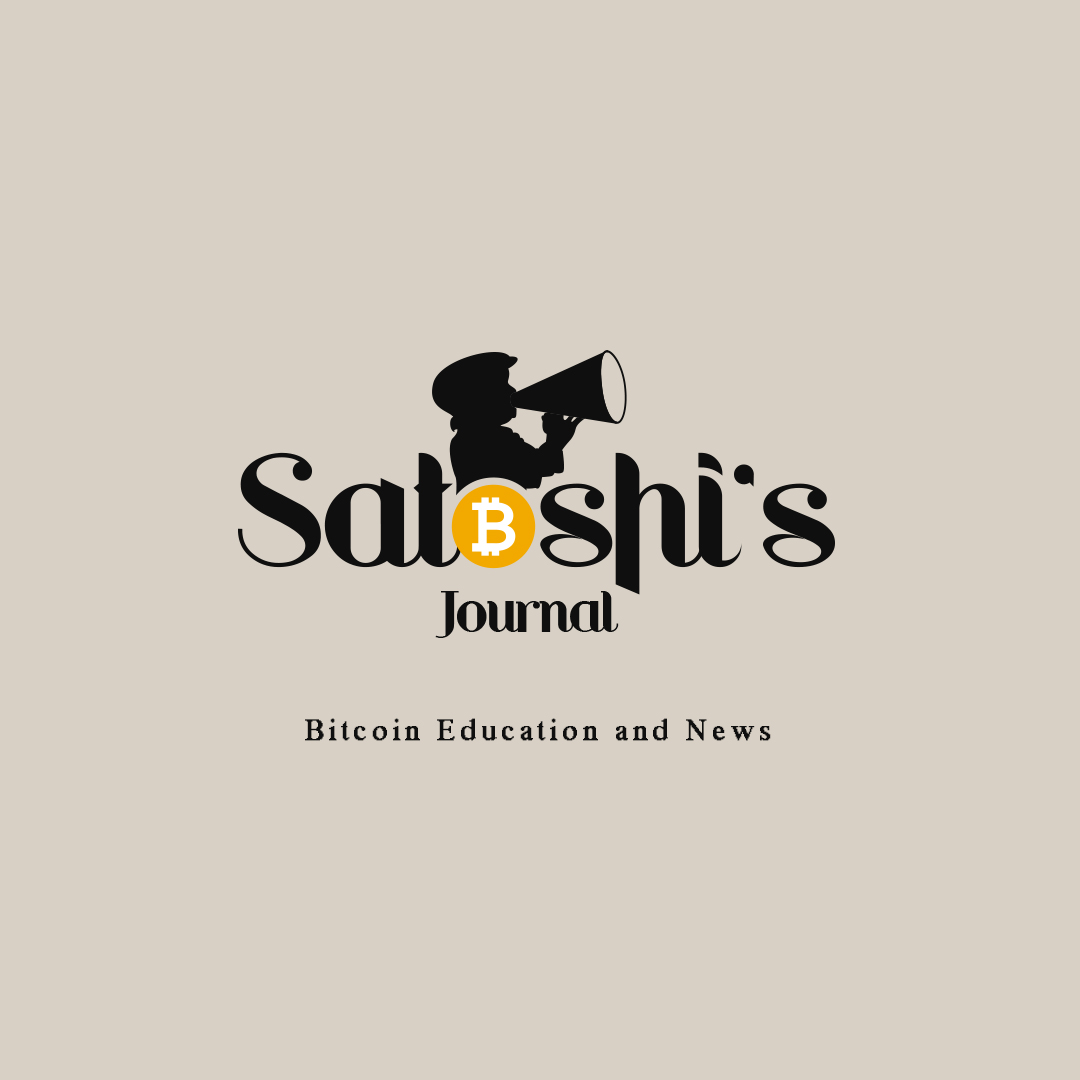At Satoshi’s Journal, I participate in and sometimes co-host The Orange Sun, a daily Twitter Space from Monday to Friday, 7 A.M to 9 A.M WAT. The Space is dedicated to Bitcoin education and discussion.
Listeners tune in from all corners of the planet: we have night owls in the US, folks enjoying their breakfast and getting ready for work in West Africa and Europe, and Asian listeners whose days are in full swing.
We tune in because we want to learn as much as possible about Bitcoin. We want to share our experiences and observations, and we want to ask questions. We want to encourage adoption.
Topics discussed include cattle-ranching, guns, religion, geopolitics, and spending vs. HODLing, to name a few. Under most circumstances, these topics would cause severe fallout amongst participants.
At the Orange Sun, conversations get heated, but respect and a desire to learn about other people’s experiences prevail.
Understandably, many people cringe when they think about diversity and inclusion (D&I). D&I has become synonymous with woke-washing, out-of-touch ESG narratives, and censorship. In its current main-stream incarnation, D&I is a gateway to the infamous drama triangle, where participants knowingly or unknowingly take on the role of victim, persecutor, or rescuer. The energy people could spend building social cohesion is wasted on playing one, two, or perhaps all three of the abovementioned roles.
Bitcoin is proving to be a grand, stage-left exit from the drama. Building on Bitcoin showcases the power of diversity and inclusion.
Real inclusion involves leveraging diverse backgrounds, experiences, perspectives, and problems to promote learning and performance. The objective is to yield results, not to make people feel good about themselves. Since Bitcoin has no gatekeepers to decide who may access the protocol, it allows anyone from anywhere to build solutions that solve real-life problems for diverse groups of people.
We’ve entered a permissionless era where we may utilize our energy to create, challenge, and coach, as long as we do the work.
Case in point:
@okin_17: “There has to be a way to get a Bitcoin wallet onto a non-smartphone mobile phone….”
@440UrPp: “Give me two weeks.”
And thus, “Machankura” was born.
If you’re unfamiliar, you should know that Machankura turns your phone into a lightning wallet, allowing you to send and receive bitcoin with just your mobile number”.
No smartphone is required.
No internet is required.
Ironically, academics, intellectuals, and even economists, who shall remain nameless, have warned that bitcoin (the currency) is not financially inclusive because many in the Global South lack internet connectivity.
Their lack of exposure to true diversity and over-exposure to exclusionary banking and educational systems blinds them to the reality that people could build a solution to this problem in just two weeks.
This is the time to engage and interact with people from diverse backgrounds to see the positive transformations.
The 20th-century model of relying on ‘authoritative sources’ to evaluate the social and economic benefits of a tool as powerful as Bitcoin will lead you down the wrong path.
This is a guest post by Saidah Gomez-Fleury. You can follow her on Twitter @SaidahGomez. Opinions expressed are entirely their own and do not necessarily reflect those of Satoshi’s Journal or Satoshi’s Entertainment Company.


